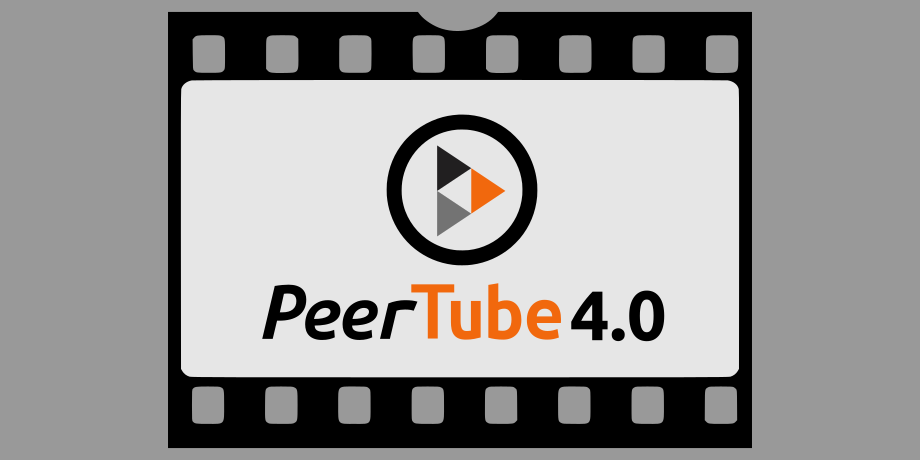Another X user “super pissed” that Musk ordered takeover of his account: There are only a few networks where you actually own your identity

Actually, with most server based social networks your identity is linked to theirs, and their admin has final control over everything i.e. whether your account stays up, whether you can use a specific identity on their platform, what you are allowed to post from that identity, etc.
Some decentralised networks like Friendica and Fediverse accounts can allow a server-based profile to be migrated elsewhere, but it needs access to the original account to do so. A possible exception is Hubzilla, with its channel-based posting. A Hubzilla channel can be mirrored to other Hubzilla servers, using its Zot protocol. If anything happens to your primary channel, you can switch to one of your secondary channels and carry on posting with all your old content, followers, etc.
With Bluesky and its AT protocol, they have introduced handles based on a personal domain name that you own. So it could be that you go to a different AT protocol server and retain that same identity. But we have not seen this in practice, and it may not retain all your followers and other data.
There are networks where you do truly own your identity, but those are serverless social networks such as the peer-to-peer Aether, Secure Scuttlebutt, etc networks. Your identity is kept at your peer on your own computer, and you connect to others directly without passing through any servers. But these networks are more difficult to discover others, as well as to use across devices (often each device is its own separate identity).
And then there is also Nostr which also tried to solve this issue in quite a clever way with their Nostr protocol. Your identity is tied to a cryptographic keypair like someone has a PGP public and private keypair for encrypted e-mail or documents. Only you know the keypair, and it replicates your identity as well as your posts through multiple relays. Unlike P2P networks, if you sign in on a different device with your keypair, your identity (photo, name, ID, followers, following) is all replicated to that device automatically, and you can post from there as if on your primary device. The account will operate seamlessly from multiple locations.
So much like security, the greater the ownership and control, the slightly more complex the ownership becomes.
I suppose for most people, the Fediverse (Mastodon, Misskey, Pixelfed, Friendica, etc) does what they need. You can pick a network and a server that most closely suites your own values, and if you still have access to your account, you can migrate it away to a different server. With Fediverse networks, you are certainly not held to ransom by just one network owner.
It is the job also of the various mobile app creators to try to make the sign-up and migration processes as simple as possible, and to also provide intuitive and easy to use user interfaces. We are seeing more and better quality apps now becoming available for Fediverse networks.
See https://arstechnica.com/tech-policy/2023/08/x-user-super-pissed-that-musk-ordered-takeover-of-his-music-account/
#Blog, #decentralised, #socialnetworks, #technology, #X













